
After leaving the army, he switched to journalism, then pursued a professional writing career. With his abundant writing power and his heart always devoted to the fate of people after the war, he became a leading writer on post-war topics in Vietnam, notably writing about war invalids and martyrs.
1. Writer Minh Chuyen is one of the prominent writers of modern Vietnamese literature, especially in the genres of memoirs and novels. He is known as the person who writes the most about post-war topics, with a long and extensive writing career. Up to now, he has published more than 70 collections of short stories, memoirs, novels, literary scripts and is the editor of the famous book series "Post-war Pain". Not only stopping at his literary career, he also participated in writing scripts and directing up to 255 documentary episodes, bringing post-war stories closer to the general public.
With his outstanding contributions, writer Minh Chuyen has been awarded many noble titles: State Prize for Literature and Arts (2017), Vietnam Record Holder (2018) for the person who created the most literary, cinematic and television works on post-war topics in Vietnam, Asia Record Holder (2021) for the person who has the most literary and cinematic works on post-war topics in Asia and the greatest honor - the title of Hero of Labor conferred in 2024.
Many of his works have been included in textbooks, becoming part of the intellectual and emotional baggage of many generations of students. His humane writings, delving into the pain of Agent Orange and the forgotten fates after the war, have truly touched the hearts of readers, creating a profound influence on the cultural and spiritual life of society.
In 2018, he founded the Minh Chuyen Museum of Post-War Works, a space that preserves thousands of documents, manuscripts, works and artifacts related to the post-war theme. The museum is not only a place of commemoration, but also a cultural meeting place where future generations can find memories, truth and kindness through each page.
2. Before 2010, I had never met Minh Chuyen. However, I “met” him through his honest and haunting writings about the fate of soldiers, wounded soldiers and martyrs such as “Procedures for being a living person”, “A person who is not lonely”... That feeling reminded me of the old saying: “Hearing his voice, not seeing his form”.
Until one time, at that time I was a member of the literature committee of the Vietnam Writers Association. On that occasion, to celebrate the 70th anniversary of the establishment of the Ministry of Labor, War Invalids and Social Affairs (formerly known as the Ministry of Labor, War Invalids and Social Affairs), a writing contest on the topic of war invalids and martyrs was launched. When the contest came to an end, the deadline for submission was only a few days away, while reviewing the list of participating authors, I was suddenly startled when I did not see Minh Chuyen's name. I immediately called him, although I had never met him, I was still confident that with this topic, no one was more worthy than Minh Chuyen. Then he accepted and sent the article. The result of the contest was surprising, Minh Chuyen's article won first prize. I was as happy as if I was being honored. On the award day, he stepped down from the stage, came to me, shook my hand, his eyes shining with gratitude.
In early May 2025, I received an invitation from writer Minh Chuyen, informing me that he would be awarded the title of Hero of Labor - a major event held in his hometown of Vu Thu, Thai Binh (now Hung Yen province). That morning, I arrived in Vu Thu 2 hours early. I wanted to take advantage of the time to visit his private museum - a space that I had heard about many times but had not had the opportunity to see with my own eyes.

3. The Minh Chuyen Museum of Post-War Art, although considered a private museum, is actually a sacred space to commemorate heroes and martyrs in the anti-American resistance war, including an altar for heroes and martyrs of Thai Binh province (old). The solemn altar is placed in the middle of the main room, the incense smoke is silent, connecting the past and the present. The surrounding space is filled with books, layer upon layer, from the floor to the ceiling, but not in a dry arrangement like a public library, but an aesthetic arrangement, exuding the cultural depth of a writer who has spent his life writing.
Most of those books are about the war. Besides that, there are more than a hundred books including valuable manuscripts and published books by writer Minh Chuyen. Interspersed among them are conference proceedings, television series, memoirs, works written about him by friends and colleagues. The space in the Museum also preserves many precious artifacts - medals, medals, certificates of merit, award certificates and even certificates confirming Vietnamese and Asian record holders... All are milestones of a journey of persistent, tireless, silent but glorious artistic labor. On the walls, in glass cabinets or in some small corner are countless precious photos capturing the moments when he took photos with literary friends, heroes, veterans and friends from all over the world who visited the Museum. There are photos of him receiving high-ranking leaders of the Party and State; There are photos capturing the moments when international friends quietly stood in front of each page, each souvenir... War souvenirs, pages of writing about the post-war period - haunting, tormenting, profound - as if silently recounting the losses, sacrifices, and the aspirations smoldering in each word. That space, for me, is a vivid memory, making my heart flutter every time I mention it.
Without noise or fanfare, writer Minh Chuyen still quietly walks, patiently building a world of his own named after him - a place that preserves the spirit and traces of the most fierce years, forgotten fates and the most silent glories of the nation. I have read his works, met and talked with him, but if I had not returned to his homeland in person this time, had not set foot in the Minh Chuyen Museum of Post-War Works, I probably would not have been able to fully understand the depth of value and significance of that work.
Source: https://hanoimoi.vn/nha-van-minh-chuyen-trai-tim-luon-huong-ve-phan-nguoi-thoi-haus-chien-710578.html








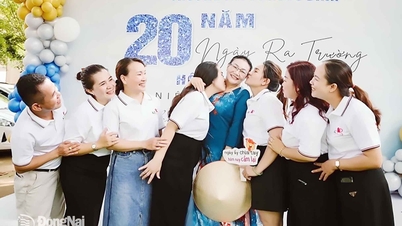




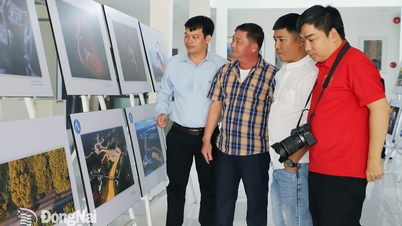
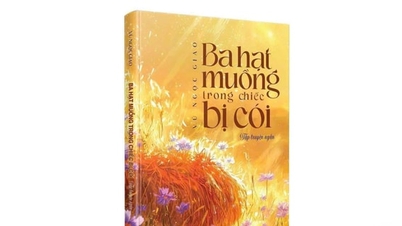
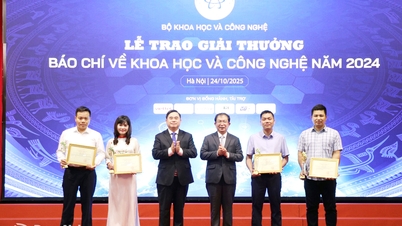

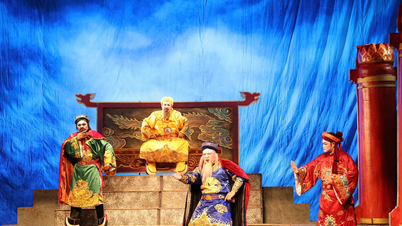

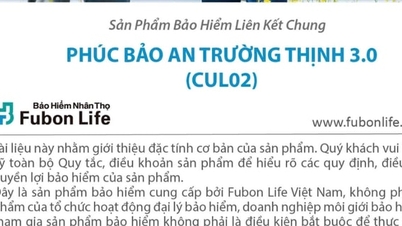
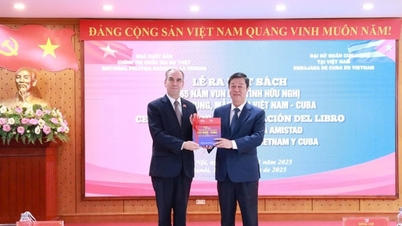
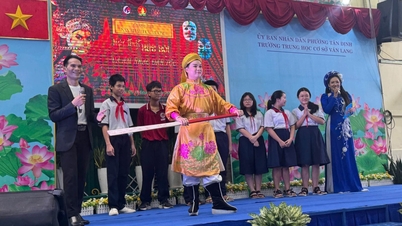







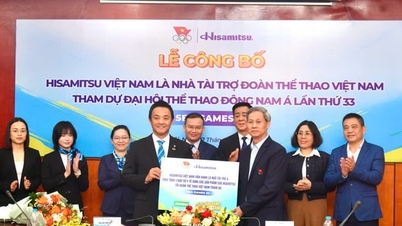
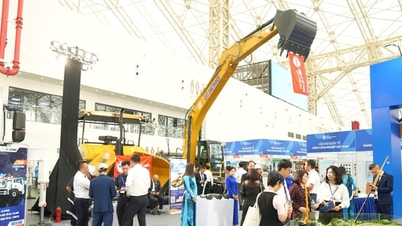


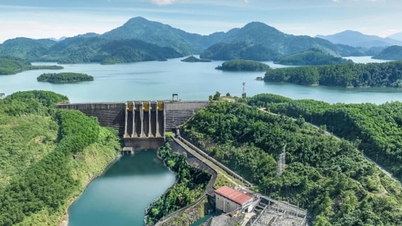
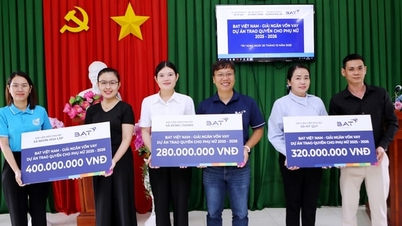





























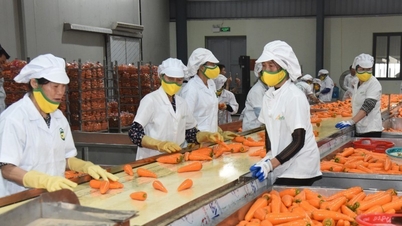










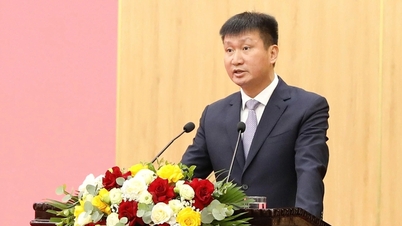



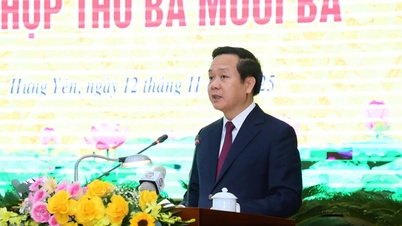


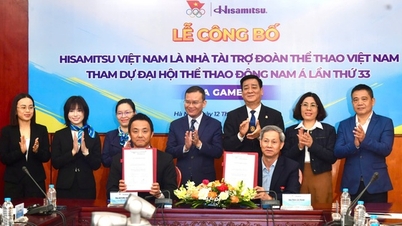





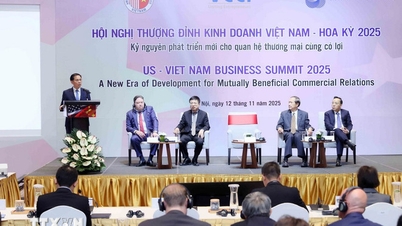

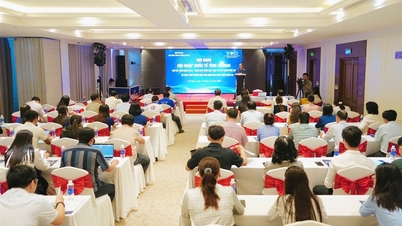
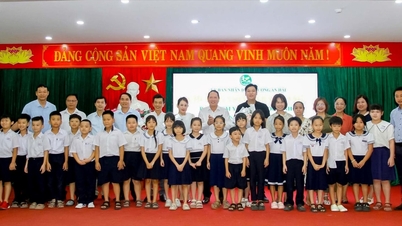


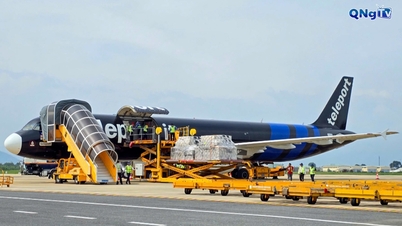

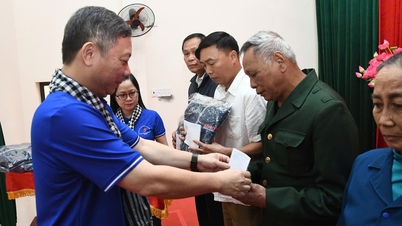






![Dong Nai OCOP transition: [Article 3] Linking tourism with OCOP product consumption](https://vphoto.vietnam.vn/thumb/402x226/vietnam/resource/IMAGE/2025/11/10/1762739199309_1324-2740-7_n-162543_981.jpeg)




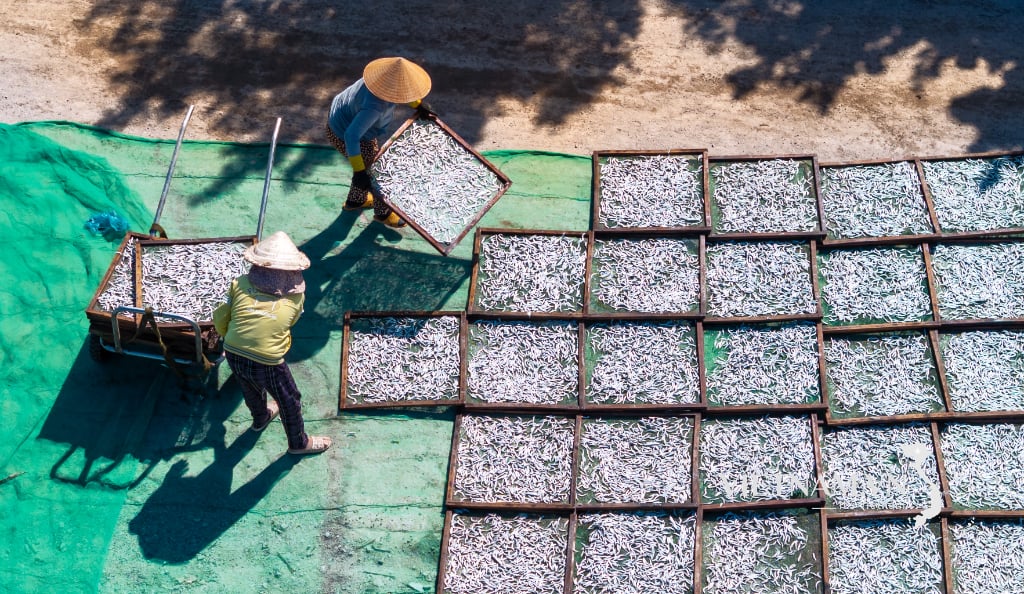



Comment (0)